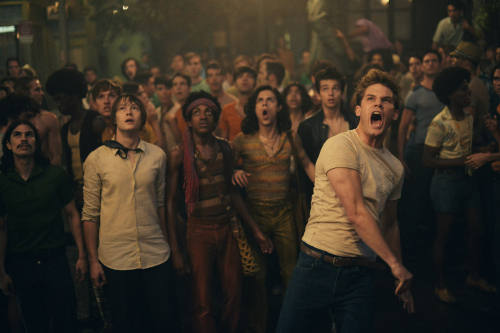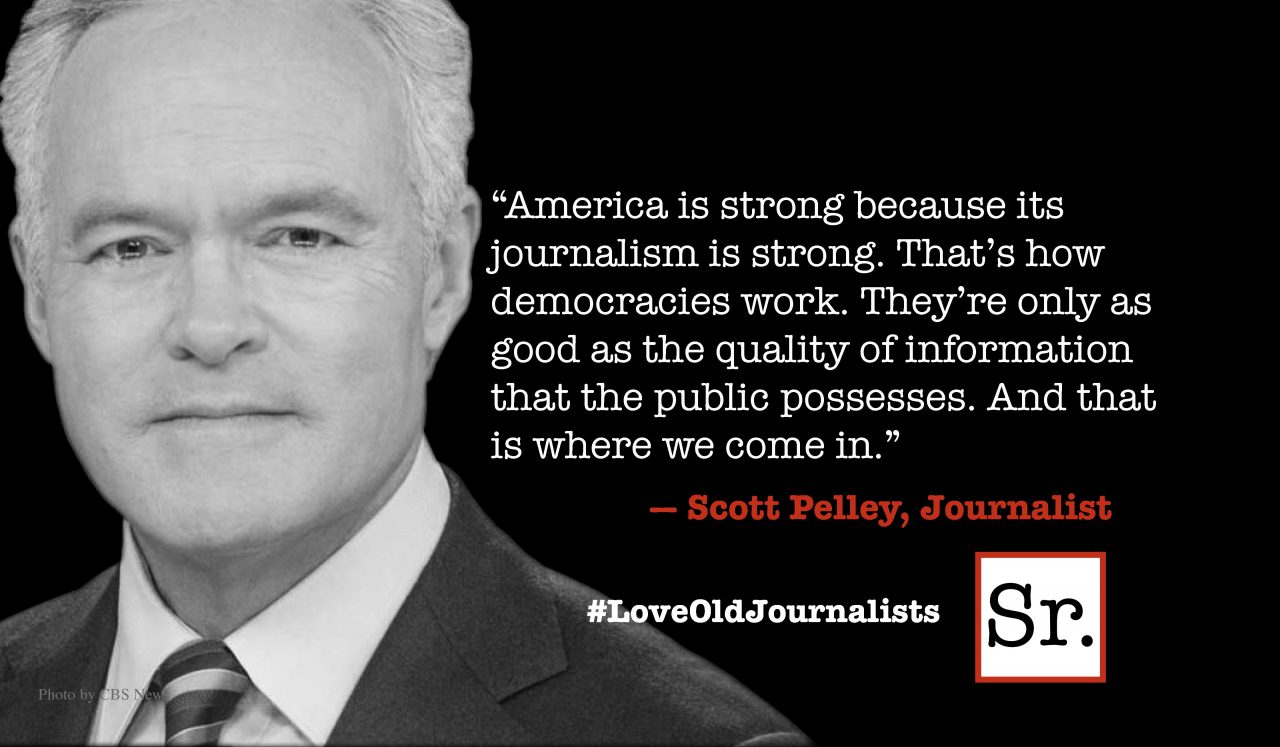“Stonewall” wants to be the epic Gay Pride origin movie.
Hey, I want to be a big-league outfielder.
Scripted by playwright Jon Robin Baitz and directed by Roland Emmerich (who’s more at home with big-budget spectacles like “Stargate,” “Independence Day,” “The Patriot” and “Godzilla”), the film dramatizes the conditions that led to the Stonewall riots of 1969, regarded by many as the official beginning of the Gay Pride movement.
We meet apple-cheeked, corn-fed and very cute Danny (Jeremy Irvine) getting off the bus in the Big Apple in the spring of ’69. He heads straight for Christopher Street, where Danny is taken aback to see two men openly holding hands. He’s uncomfortable when he draws the attention of the salacious Ray (Jonny Beauchamp), the long-haired, sashaying, very feminine leader of a group of young street hustlers.
But a young man needs friends in the big bad city, and Ray and his fellow homeless sex workers (they sleep a dozen to a hotel room) are weirdly nurturing. Plus, they introduce Danny to the Stonewall Inn, a Greenwich Village dive run by the mob (Ron Perlman plays the manager) and catering exclusively to gays.
Make that gays and cops. A night at the Stonewall is likely to get you arrested and beaten up, given that police raids (not only was homosexuality illegal in 1969, but selling alcohol to gays was illegal, too) are a frequent occurrence.
But it’s at the Stonewall that Danny meets Trevor (Jonathan Rhys Meyers), a somewhat older guy who between sexy slow dances tries to raise the newcomer’s political conscience about gay rights.
Periodically we get flashback’s to Danny’s life in small-town Indiana, where he is the son of a bullet-headed high school football coach. When his affair with a fellow player is discovered, Danny is disowned by his family — except for his little sister (Joey King), who is as compassionate and open minded as everyone else is stupid and rigid — and heads off for the greener, more tolerant pastures of Manhattan.
It all culminates with the famous Stonewall riots in June, 1969, when gays finally had enough police harassment and went on a rampage. Our boy Danny even throws the first brick, screaming “Gay power!” — a phrase he apparently coins in the heat of the moment.
Movies like “Milk” and “Brokeback Mountain” engaged our emotions and raised our consciousness about gay life and issues. “Stonewall,” on the other hand, mostly recycles cliches. Incredibly, it also comes off as borderline homophobic with its cascade of offensive gay stereotypes. Even filmgoers predisposed to applaud the movie’s intentions will be dismayed by its dramatic cheesiness.
Yes, Baitz’s script recognizes that the gay world isn’t monolithic, that it ranges from punk street types ready to rumble to buttoned-down sorts who still have faith in the political process.
But Emmerich lacks the facility for intimate drama. He’s trying to do here for the gay rights what “Selma” did for civil rights, but instead of uplift we mostly get wince-worthy moments, trivializing an important moment in our cultural history.









